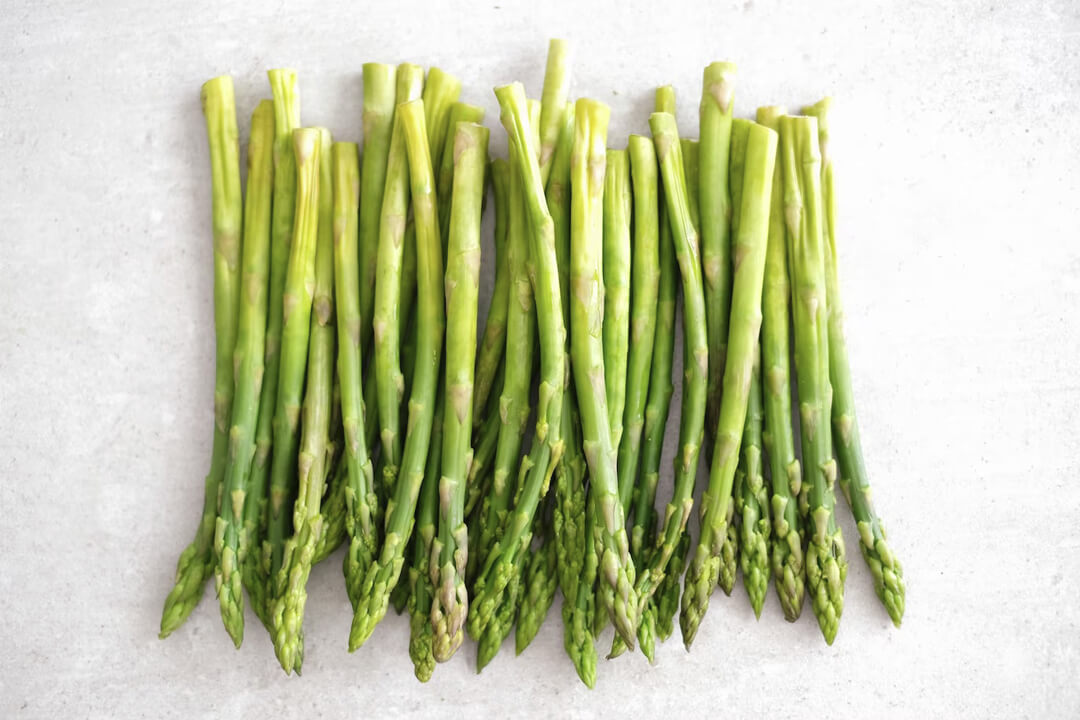
South Africa is currently facing a temporary shortage of asparagus in its market, but relief is on the horizon as a new Namibian project gears up to supply the neighboring country. The Johannesburg municipal market’s website recently reported an alarmingly low number of asparagus sales on June 8, 2023, with only 200g punnets available at a high price of N$140 per kilogram.
Typically, the import season for asparagus in South Africa runs from March to August, with the majority of imports coming from Mexico and Peru. However, this year has seen a decrease in imported volumes, coupled with the weakening Rand-Dollar exchange rate, making the procurement of asparagus an expensive endeavor.
Grahame Osler, a manager at Denbi, an asparagus company that supplies large retailers, sheds light on the situation. He explains that this year they imported fewer asparagus supplies from markets outside of Africa compared to previous years. The delay in the anticipated launch of the new asparagus project in Namibia added to the challenge. However, Osler assures consumers that any shortage of asparagus will only be temporary, as the new project in Namibia started supplying the market in mid-May. Currently, the new project is fulfilling approximately 85% of the retail demand in South Africa.
Osler estimates that fresh asparagus from the Namibian project will arrive in South Africa at a significantly reduced cost compared to air freight imports from Mexico and Peru. The expected price reduction is estimated to be around 35%, making asparagus more affordable and accessible to consumers. This cost advantage not only benefits the asparagus industry but also has a positive impact on consumers, allowing them to enjoy this nutritious vegetable at a more reasonable price.
Wolfe Braude, the fruit manager at the Agricultural Business Chamber (Agbiz), explains that asparagus farming in South Africa is relatively small, with most of the supply being imported. Asparagus cultivation is a labor-intensive process that takes approximately three years before the crop is ready for harvest. Quality control is vital in this discerning market, requiring high-quality cultivars. Consequently, significant investments and running costs are involved in the production process.
In 2022, South Africa imported approximately $607,000 (N$11 million) worth of asparagus while exporting about $215,000 (N$4 million) worth of the vegetable. These figures highlight the country’s reliance on imports to meet the local market’s demand, underscoring the importance of projects like the one in Namibia to bridge the supply gap. Furthermore, certain varieties of asparagus are no longer cultivated in South Africa, making imports crucial for fulfilling consumer preferences.
As the new asparagus project in Namibia gains momentum, South Africa can look forward to resolving the temporary shortage and meeting the growing demand for this popular vegetable. The project’s ability to offer a cost advantage and supply high-quality asparagus will not only benefit the industry but also ensure that consumers can enjoy this nutritious delight at a more affordable price. The partnership between South Africa and Namibia serves as a positive example of regional collaboration in the agricultural sector, contributing to food security and economic growth in both countries.
Stay updated with the latest farming tips and agriculture industry news from Africa by subscribing to our newsletter. Don’t miss out on valuable insights and updates. Follow us on Twitter, LinkedIn, and Facebook to join our farming community and stay connected with us.



















Leave a Reply